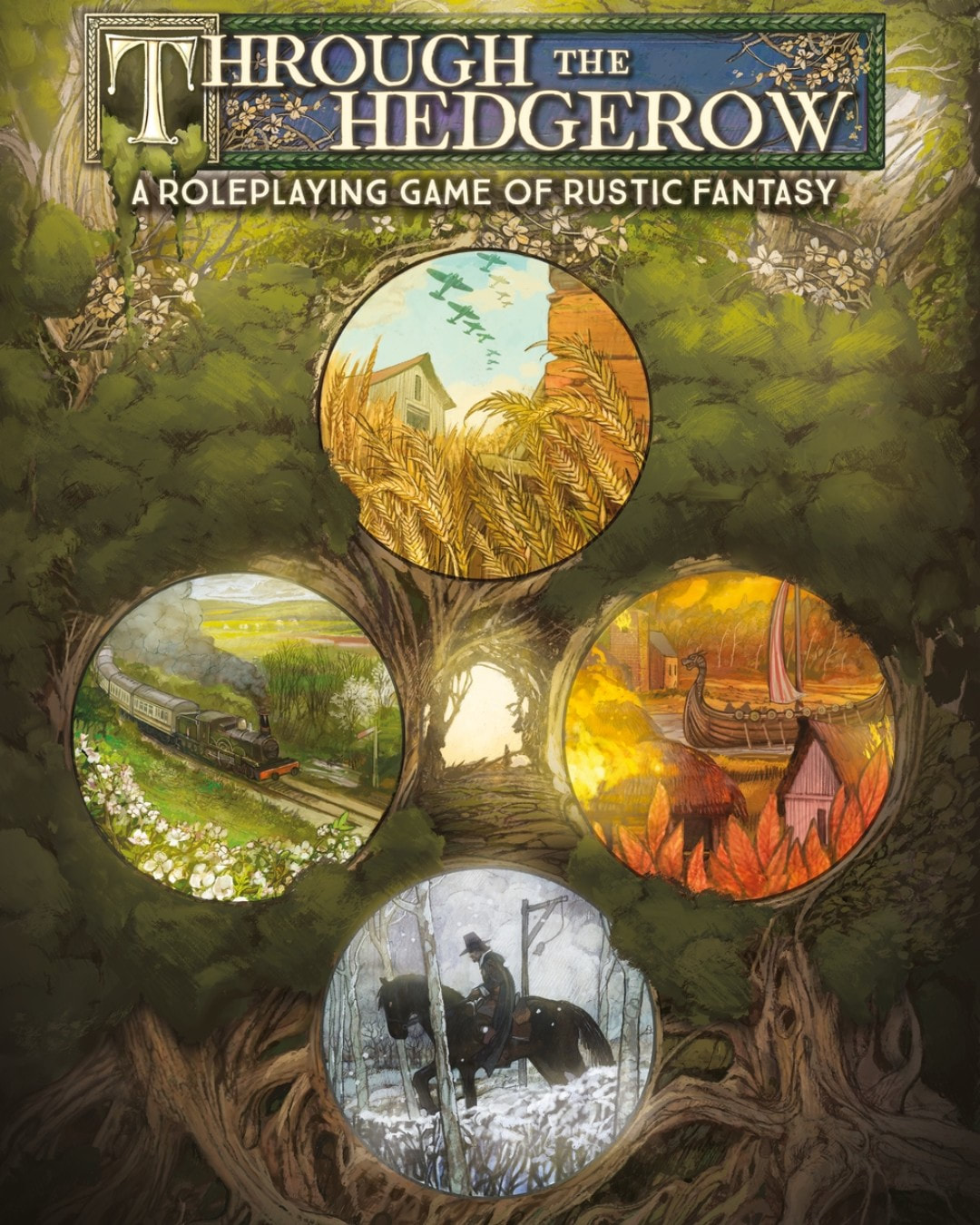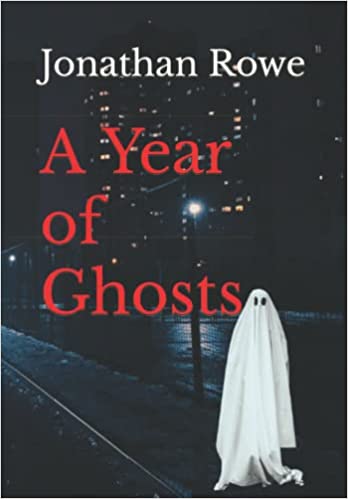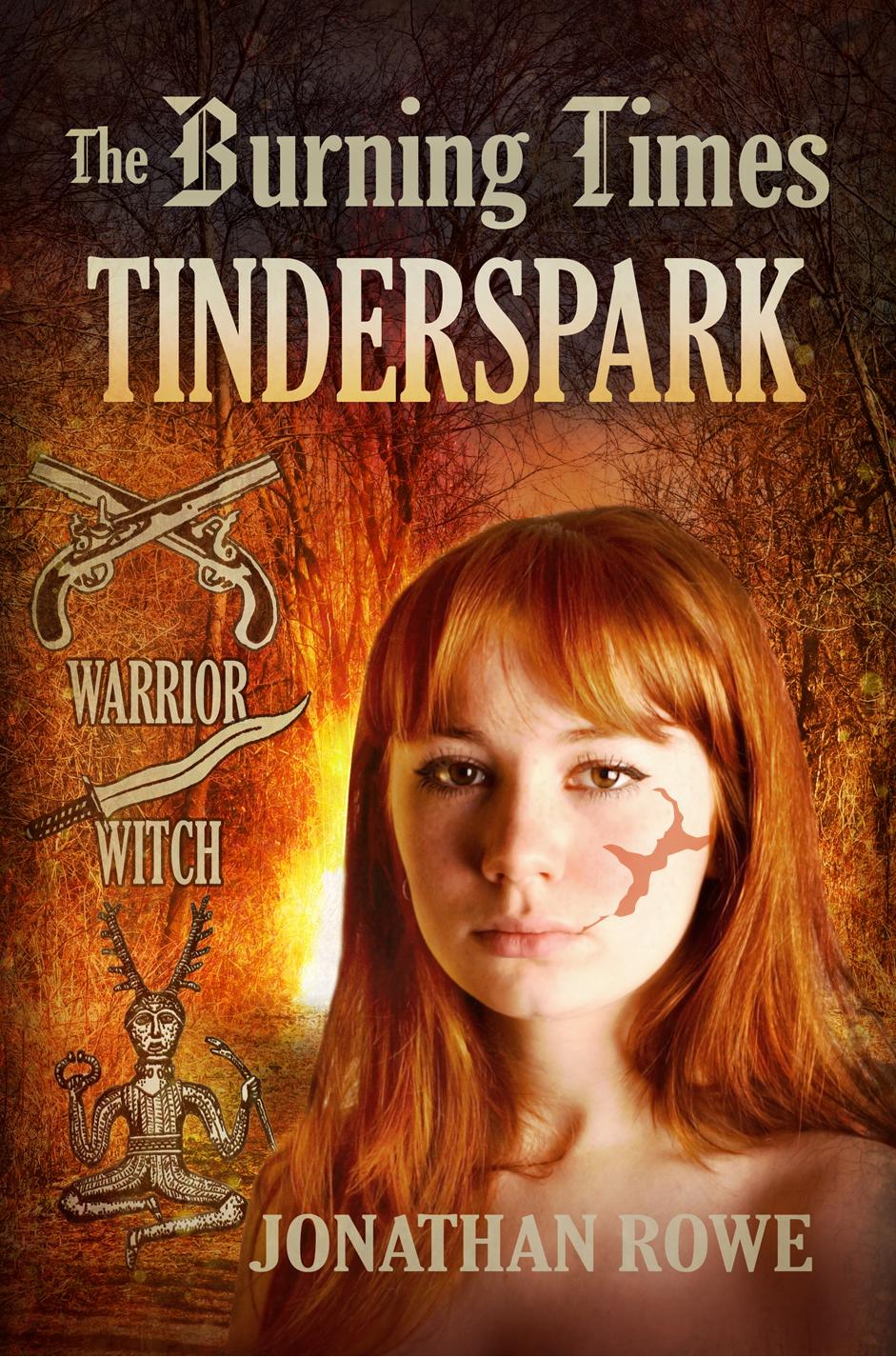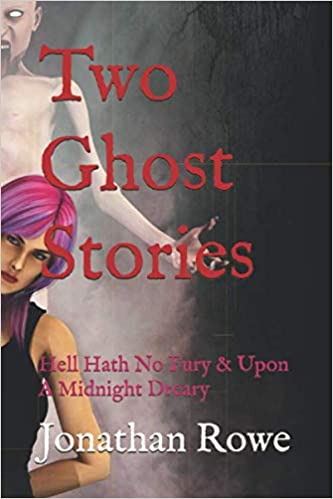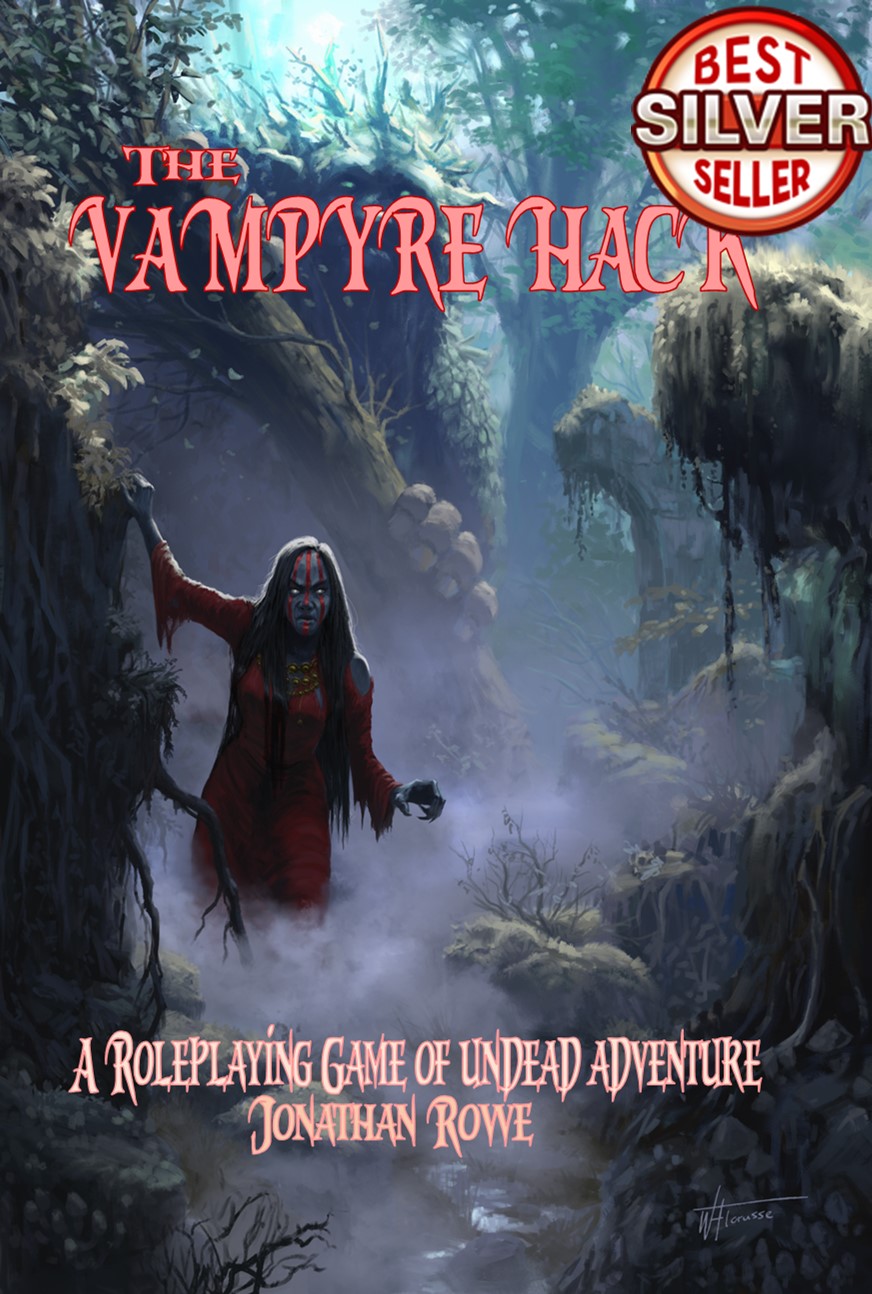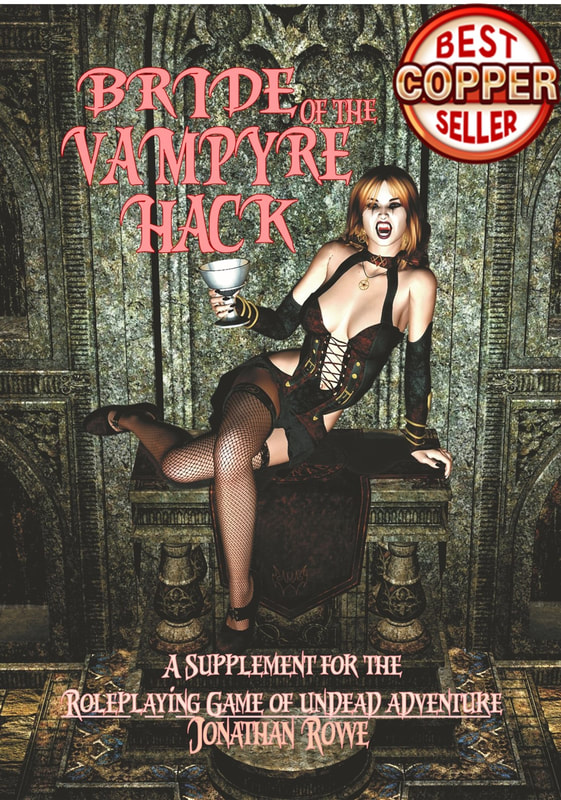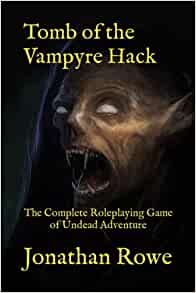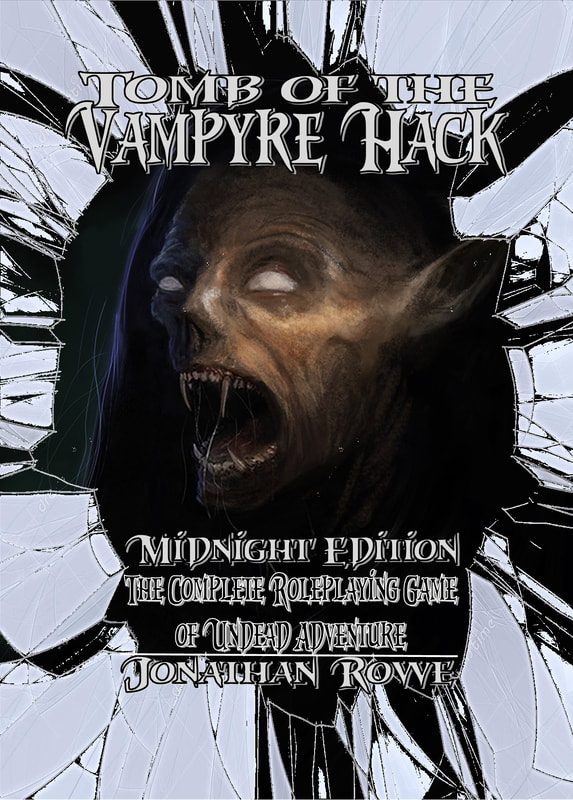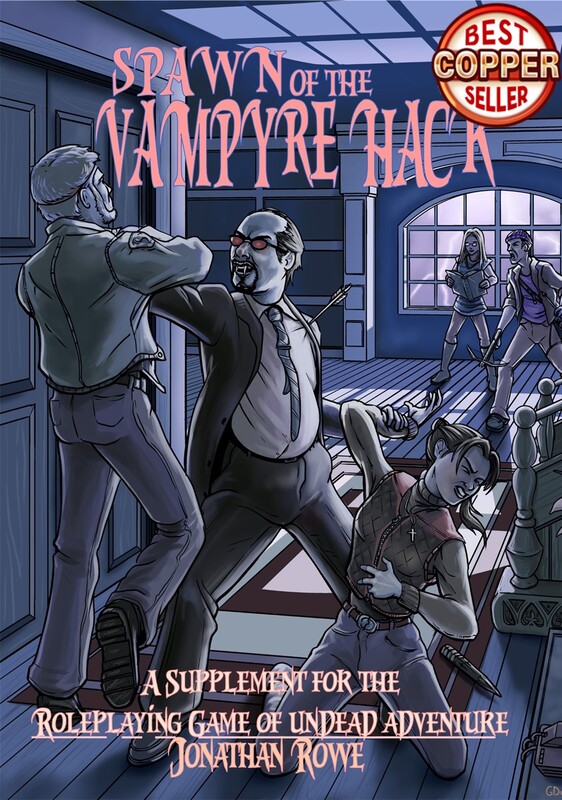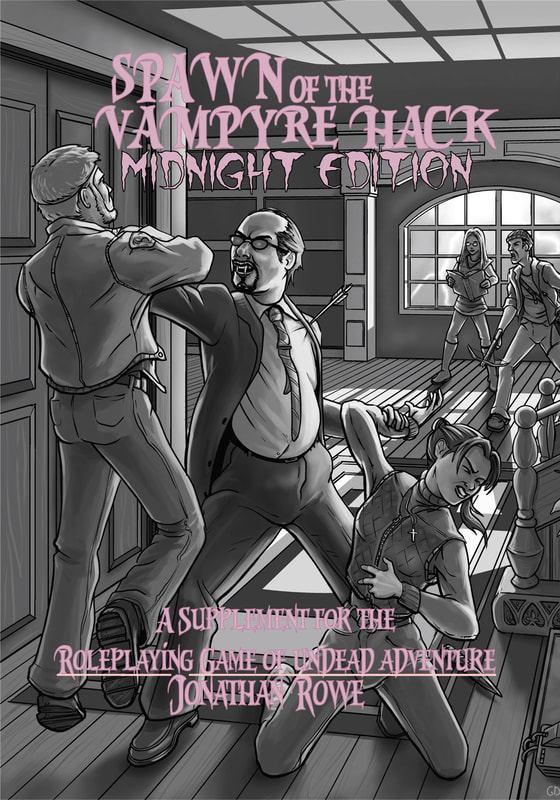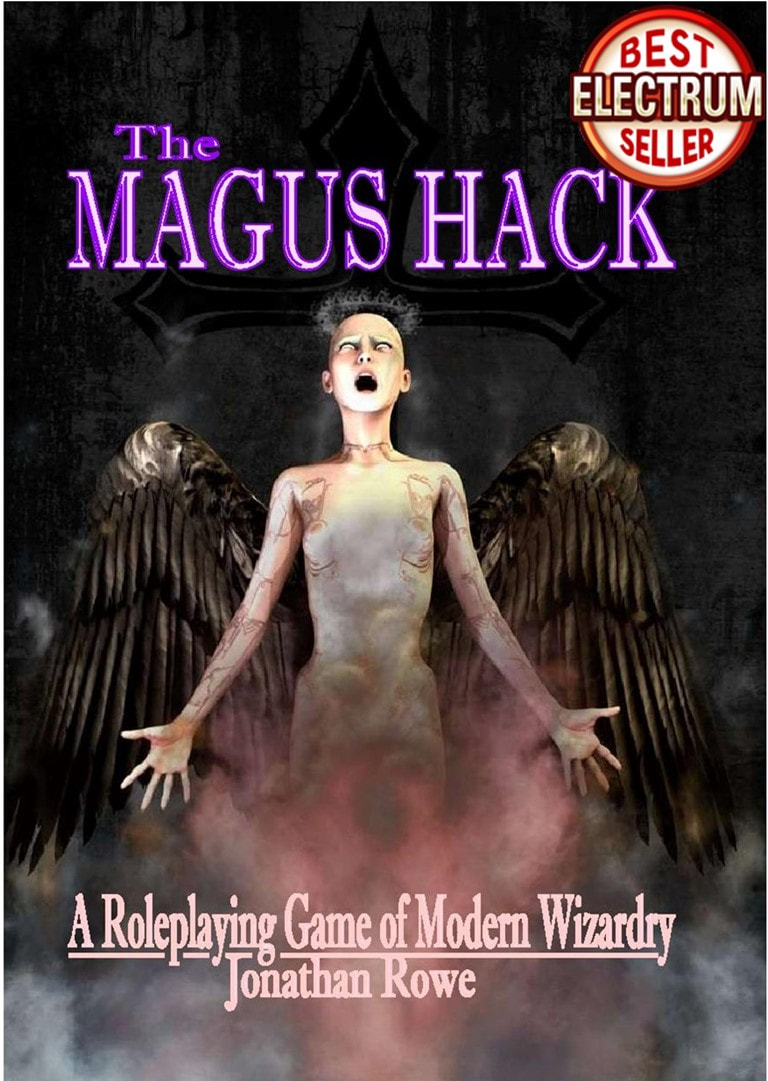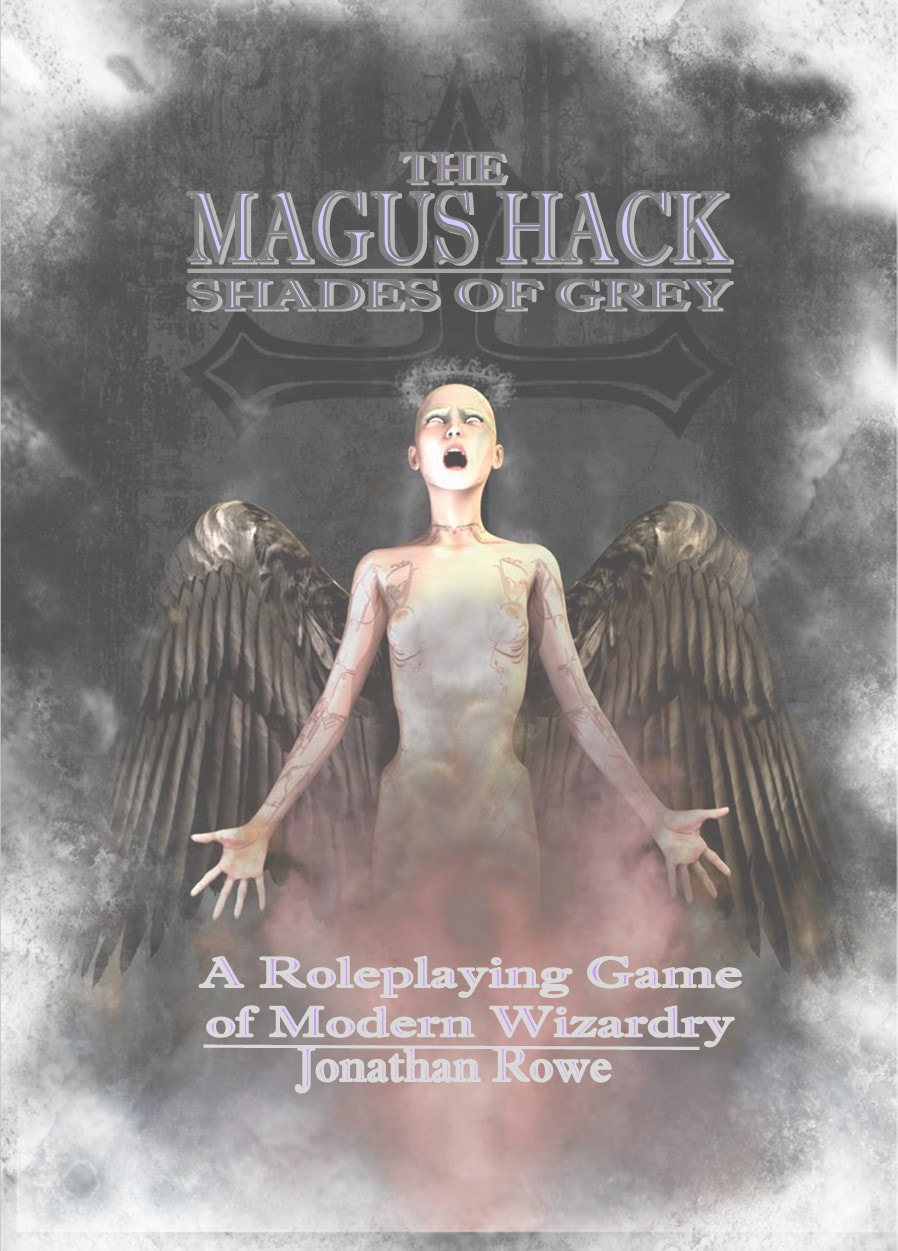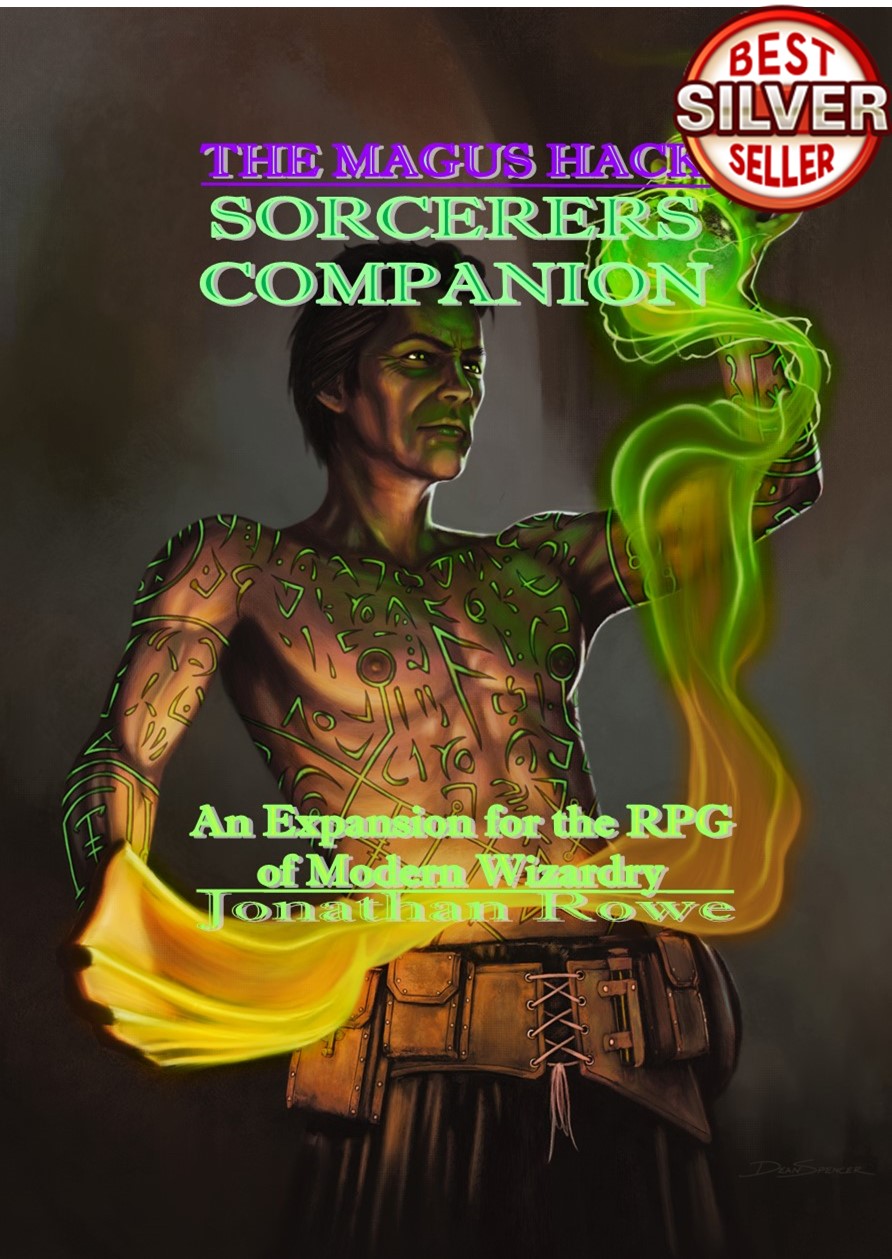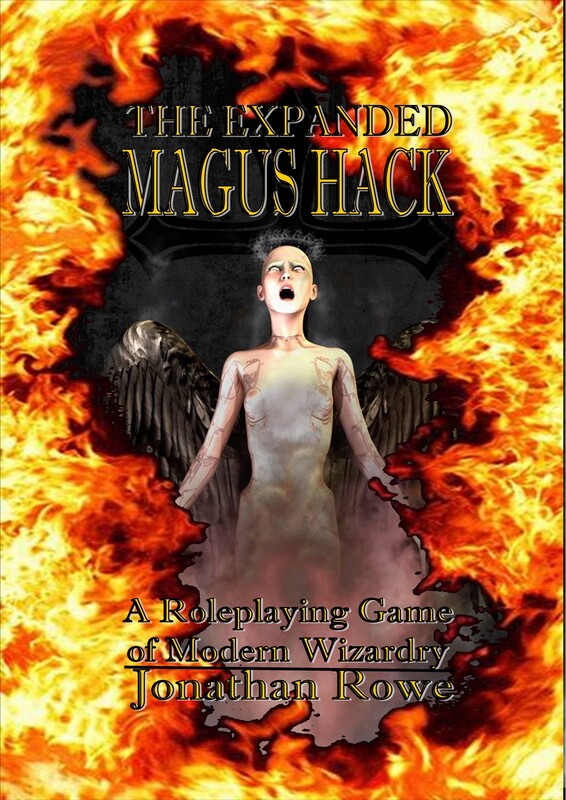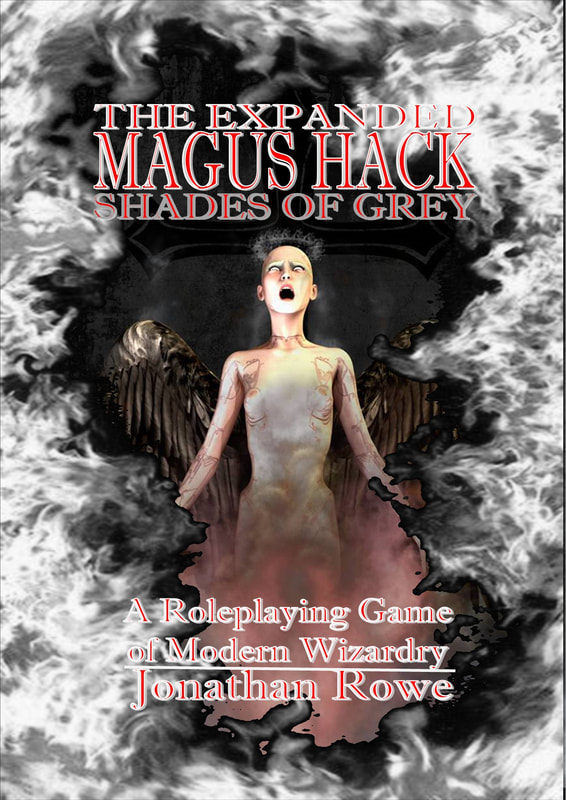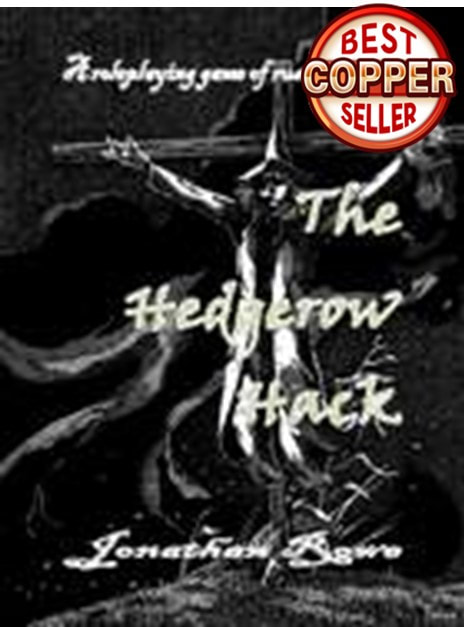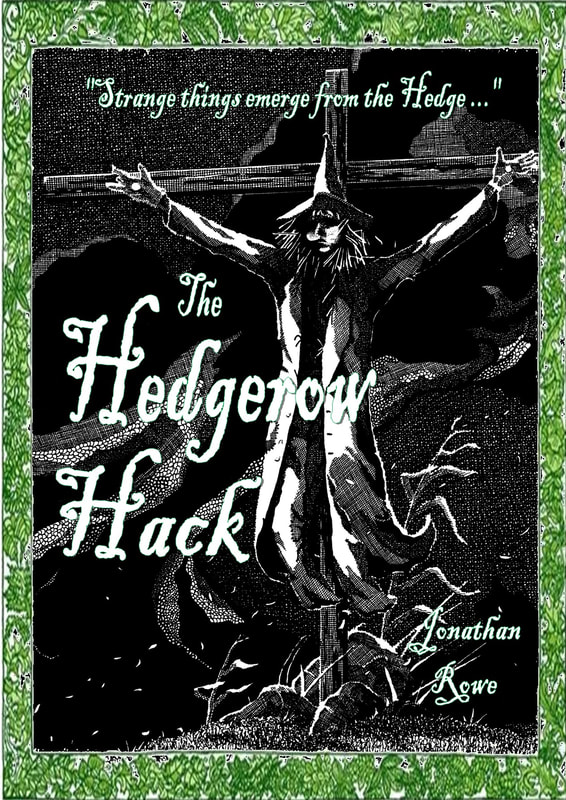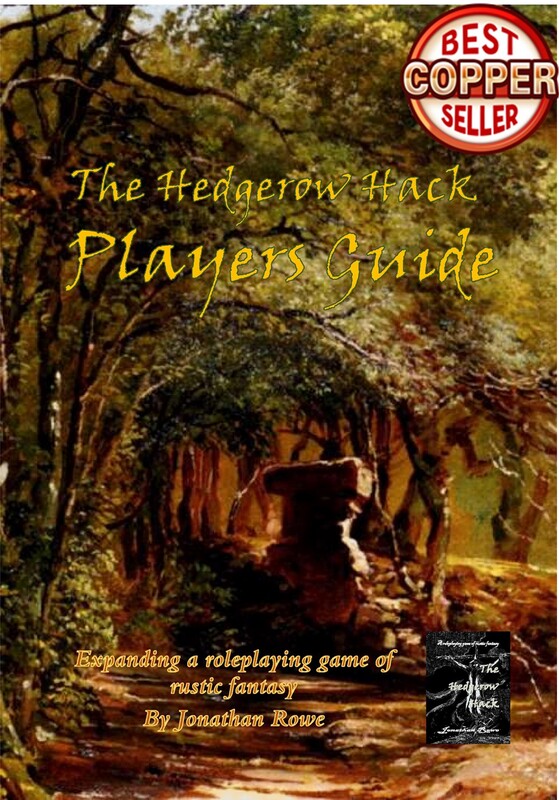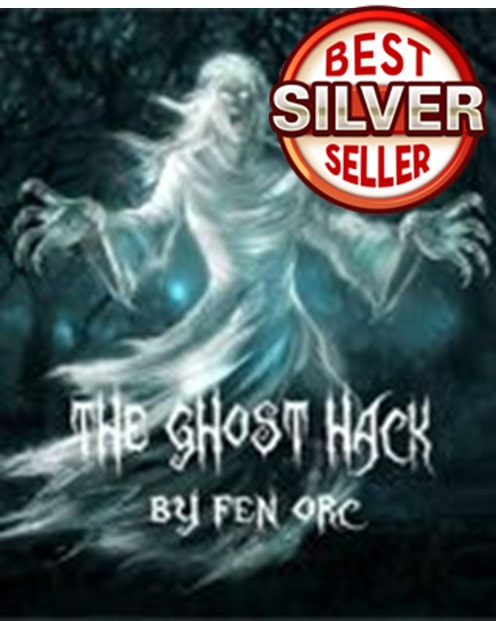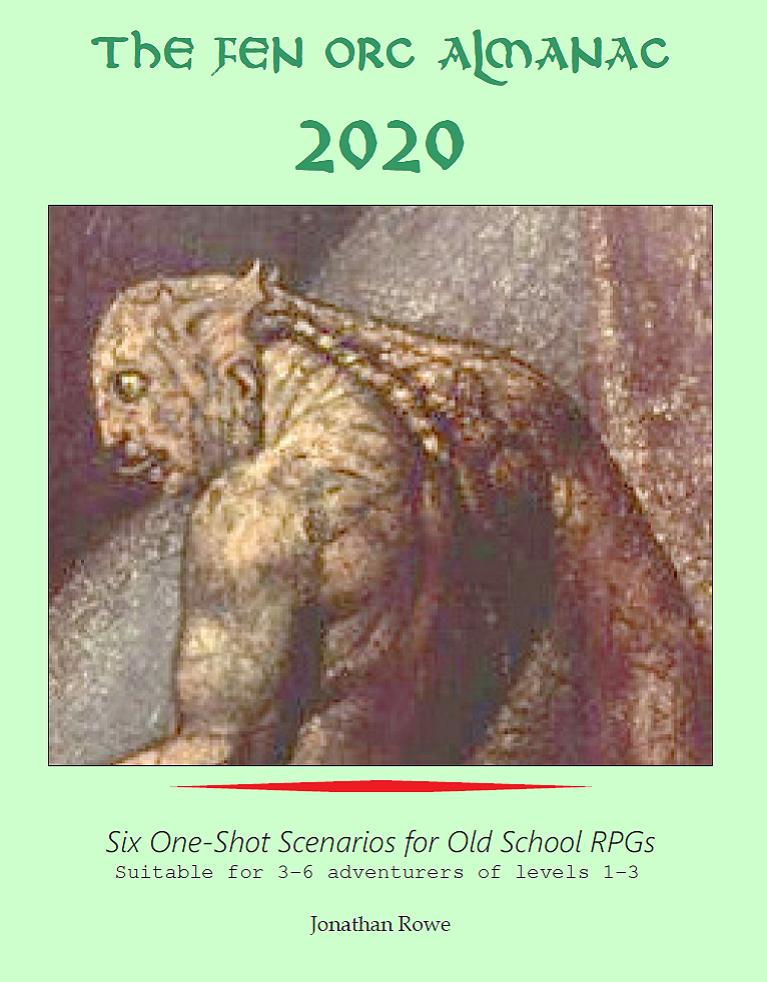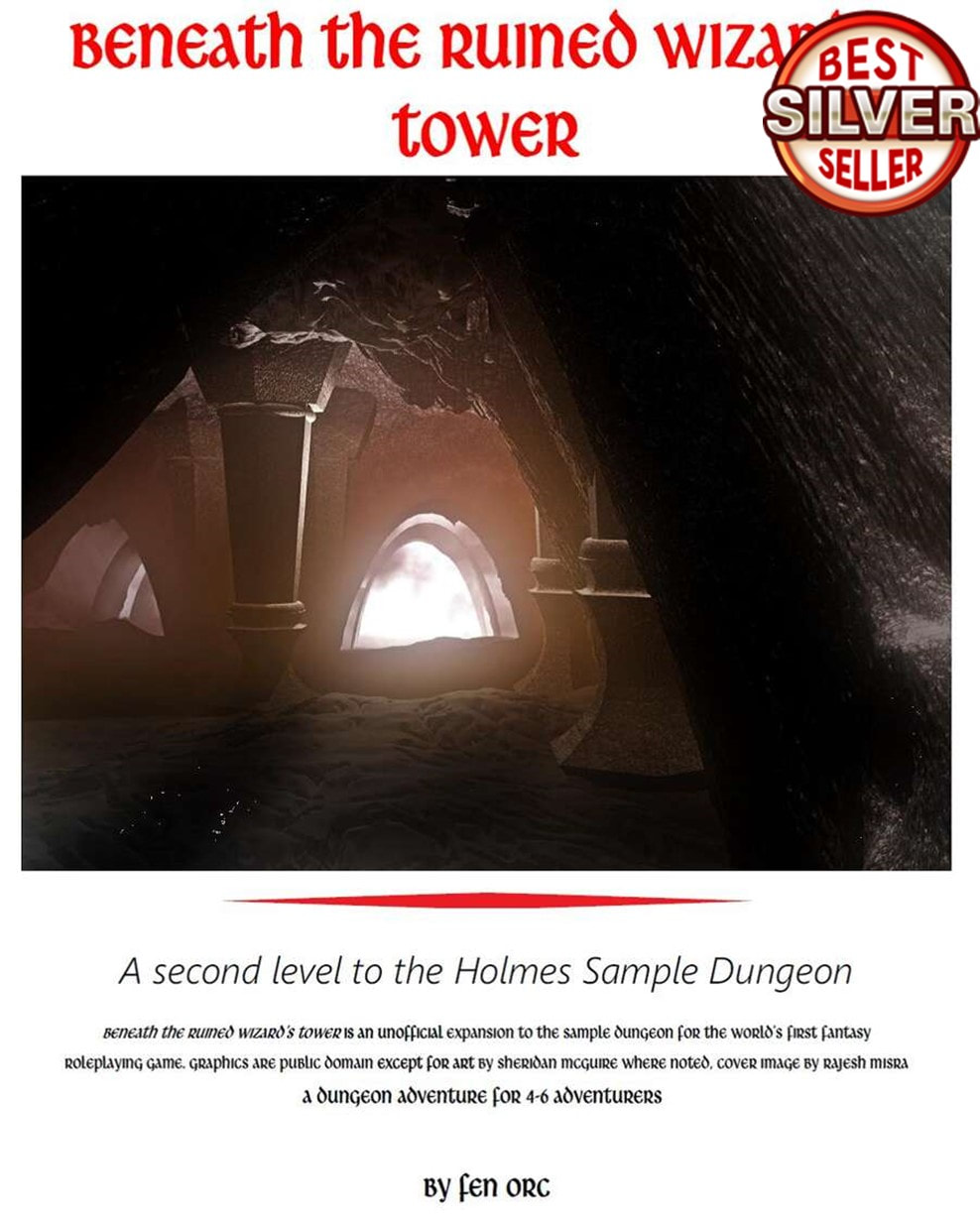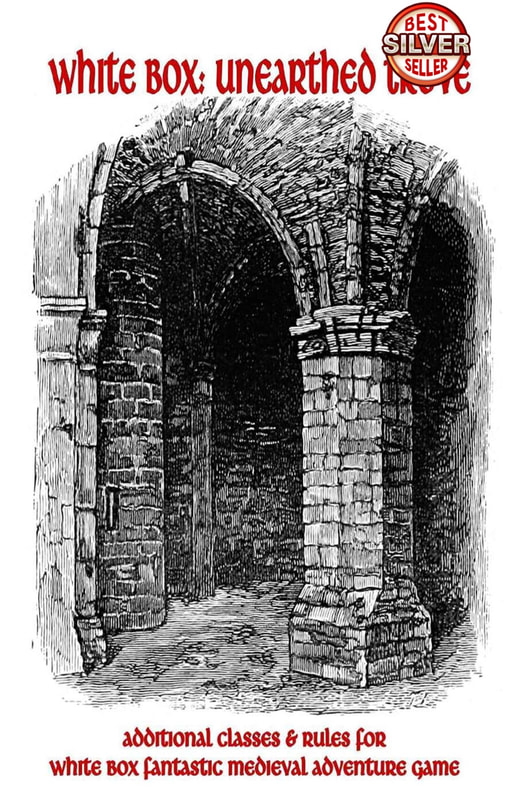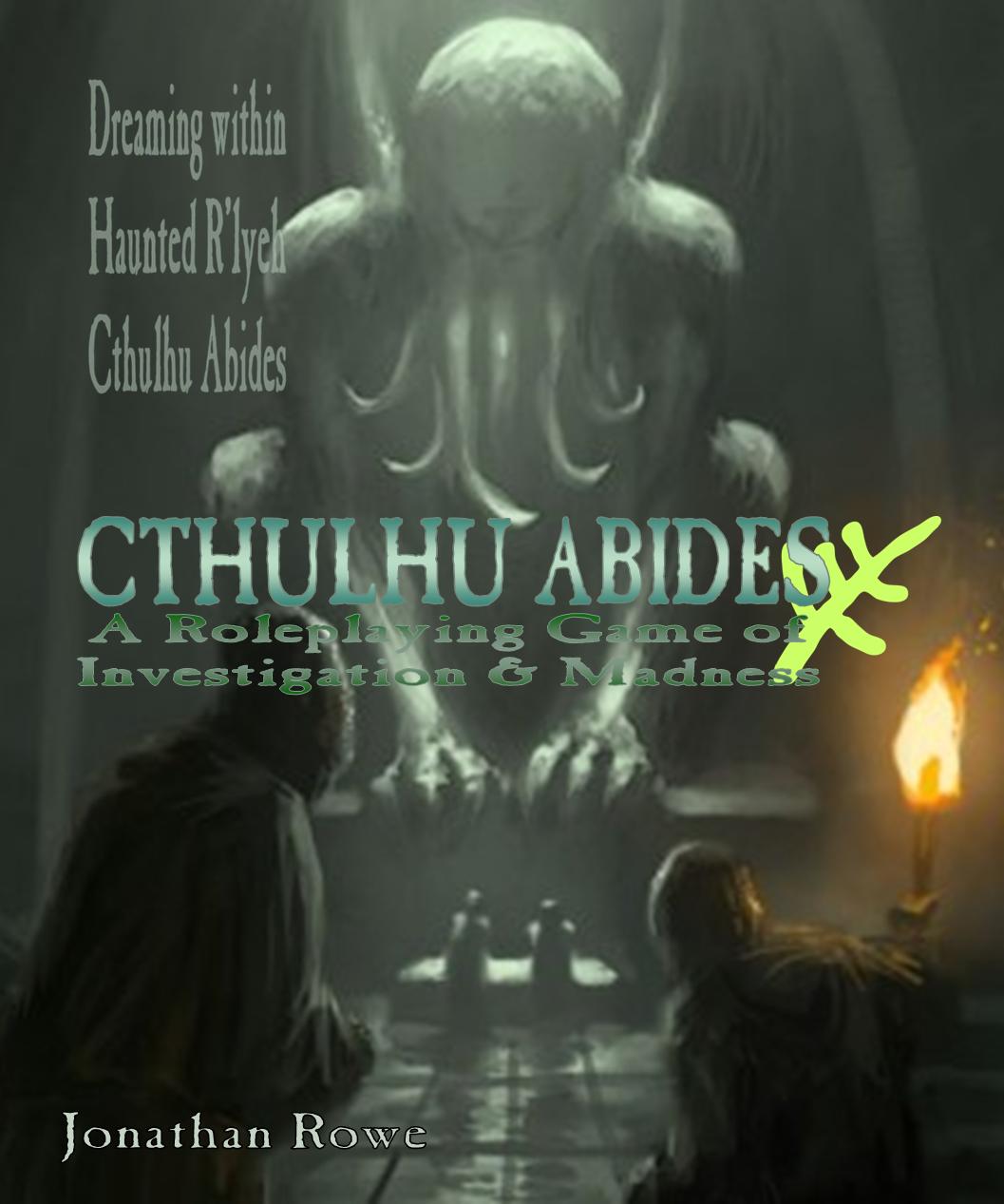|
The last blog expressed my gratitude to Ryan Marsh, for turning me on to the Goblinpunch 'Death & Dismemberment' system for handling death in RPGs, specifically, what happens when player characters run out of Hit Points. Arnold Kemp, who writes Goblinpunch, also created a 'Trauma' system, to allow hideous experiences to derange PCs, either temporarily ('breakdowns') or indefinitely ('madness'). Mental illness is of course a very serious real world problem. But we're not talking about the real world here. We're talking about the psycho-spiritual damage suffered by magical people in fantasy worlds who confront supernatural evil in underground labyrinths. They're not the same thing. Goblinpunch seems to me to be a valuable addition to Fantasy RPGs, not least because it's simple and elegant. In a nutshell, every time you experience something deranging you gain a Trauma Point. Every time you gain a Trauma Point you have to pass a test by rolling a d20: if you roll equal to or less than your current Trauma Points, you suffer a Breakdown for a few rounds. At the end of your Breakdown, make a second test: if you fail you go Mad, but (by way of compensation) you clear your character sheet of Trauma Points. Trauma Points can also be 'worked away' by doing something non-adventure related (e.g. hanging out in Rivendell, composing songs). I recently reviewed a scenario, The Dread Crypt of Skogenby, and praised its TORCHBEARER RPG for the way it focuses on the psychological stress of dungeon exploration. The Goblinpunch system strikes me as an elegant way for doing something similar for D&D, its OSR retro-clones and indie kissing-cousins like FORGE OUT OF CHAOS. Why Madness? Madness currently features in RPGs like D&D only as an outcome of certain spells (Cause Fear, Confusion, Contact Other Plane) and monster effects that imitate them (e.g. an Umber Hulk's gaze, the appearance of a Mummy). Otherwise, PCs watch their friends being slaughtered, wade through battlefields and massacre sites, poke around in torture chambers and witness the summoning of demons and extra-planar gribblies, all without so much as a sharp exhalation of breath. Traditionally, D&D takes the view that, if it isn't removing Hit Points, then it isn't hurting. I think 5th ed. D&D gives some consideration to madness. There are many tables out there to roll up types of madness, some imaginative and some more rooted in real world psychiatric classifications. However, all of these view madness as something arising out of exceptional circumstances. TORCHBEARER's contribution is the idea of "the Grind" that slowly shreds away the health and sanity of adventurers in these oppressive, hostile dungeon regions. The first RPG that I was aware of to track mental health with the same rigour as physical health was CALL OF CTHULHU (1981), where the Sanity (SAN) attribute started somewhere in the upper quartiles and ticked down relentlessly as corpses fell out of wardrobes, eerie piping was heard on the wind and Great Old Ones materialised in the shrubbery. Significant SAN losses all at once triggered a breakdown and reaching 0 SAN meant permanent and irrevocable madness. Fantasy RPGs don't need anything as burdensome as this. It can be assumed that PC adventurers are a psychologically hardy bunch with nerves of steel; moreover, they live in a rugged pre-modern culture in an age before anaesthetics and public sanitation. Most of them are accustomed to corpses, bodily effluvia, violent death and a sort of ambient filth that would leave you and me gagging. Nevertheless, they have their limits. Venturing into an underground crypt or cave system is oppressive, seeing a friend hacked to pieces is deranging even for people who've seen friends die before and presumably no one ever becomes blasé about ancient red dragons or the manifestations of Demon Lords. Mandatory Retirement An interesting application that Arnold Kemp sees for his Trauma rules is compelling player characters to retire from adventuring. Arnold suggests that, whenever PCs are not adventuring and rest up in a place where they could conceivably retire, they need to make a sort of Saving Throw versus packing-it-all-in; they have to roll higher than their Trauma on a d20 and if they fail, that's it! They marry a nice girl or dutiful lad, buy a farm and start referring to themselves as an ex-adventurer! Arnold sees his 'Death & Dismemberment' rules as toning down the punitive aspect of player character death, so this is a sort of counterbalancing mechanic: PC retirement is a replacement for PC death, not an additional risk. I'm making death less likely in order to make retirement more likely. Retired characters are more interesting and more useful than dead ones. (And a lot less demoralizing.) Whether you want mandatory retirement in your campaigns is a matter of taste. It depends for one thing on whether you are pursuing an imposed or emergent narrative. If, as GM, you have a story you wish to tell involving your PCs (an imposed narrative), then if key PCs give up on wizardry or knight-errantry to become turnip farmers, that rather scotches the GM's grand revelation that their twin brother is the vampire prince or that they are the Chosen One destined to free Demogorgon from the Abyss. On the other hand, if you prefer emergent narrative, with plots arising from PC interactions with a well-stocked setting and/or mega-dungeon, then this sort of incident only ends one story to start another. Arnold provides an easy calculation to work out how useful retired PCs can be as patrons for new ones. You get something like a multi-generational epic series rather than a single-hero novel. See, let's see. If Horatio the 1st level Street Mage goes home to recuperate and decides to pack in adventuring and get a 'proper job', with 270gp to his name he will have 270 RP and end up working as a henchman for some guild. Darjeeling the 5th level Thief might have the same idea, but he possesses 7000gp; with 35,000 RP he ends up as an accountant for the Thieves Guild and can fence goods for his old adventuring buddies at great prices. The lure of retirement sets a different sort of challenge for players: if you want to keep your PC in play as an adventurer, stay away from places where they might feel at home, meet a romantic partner or simply unwind and relax too much: the Golden Wood of Lothlórien is to be feared indeed! Better to hang out in the wilderness and recuperate in frontier inns, like Strider. More Character Differentiation Fantasy RPGs traditionally differentiate characters by their physical resilience. We are used to 'tanks' who throw themselves into the forefront of combat. In contrast, frail mages, rogues and scouts hang back, mindful that the sort of threat that the 'tank' takes in her stride will clobber them completely. Psychological sturdiness acts as a second differentiator: some characters might be more hardy than others when it comes to facing down the undead, contemplating extra-dimensional realities or coming to terms with emotional desolation. The character of Hudson in Aliens (1986) is a great example of the 'tank' whose tough-guy persona implodes as the situation unravels, in contrast to the quiet resilience of the women, Newt and Ripley. Warning: certificate 18, strong language throughout Arnold Kemp recognises that Wisdom (so often the 'dump stat') should be key to managing stress, with Wisdom bonus and penalties applying to Trauma checks. Feats or non-weapon proficiencies could also be adapted to stress: I suggest a bunch of these down below for the none-more-simple WHITE BOX rules but they adapt easily to Holmes, Moldvay, BECMI, and their OSR descendants. Further Immersion There are many activities in Fantasy RPGs that ought to be really problematic, yet aren't. Searching dead bodies and looting corpses is something PCs do (and many published adventures assume that they do) yet which requires, to say the least, a strong stomach and a flexible attitude towards ethics. It makes sense that fighters (who have perhaps served in armies and are acculturated to war) would do this; thieves would have few qualms... but clerics? Then there's setting a watch - or just telling the bard to stand in the corridor and "keep an eye out" while the party occupy themselves with some grimoire or mystical gewgaw. Crouching in the shivering cold, peering into the darkness, waiting for something horrible to come rushing out at you - that's stressful. Again, I suppose Rangers will be used to it. But most characters will be left on edge by tasks like this even if nothing horrible happens. Another feature of dungeon-based RPGs is testing magical items and potions 'to see what they do'? Can you imagine a more stressful chore? Who would volunteer to sip that potion or put on that ring, if you had the slightest idea of the poisonous and cursed variants out there? Similarly, RPGs usually propose that, if you fail a saving throw, something horrible happens, but if you pass, you're fine. Yes, some saves are all-or-nothing but it seems to me that being poisoned isn't really like that. You might shake off the effects of a poison (or throw it up or bite the wound and suck out the venom) but your stress levels will go through the roof, as much out of a physiological response as out of emotional distress. Then there's all the other stuff, the emotionally fraying stuff, like falling into pits, triggering traps, getting lost, the torches going out (that's a big deal in TORCHBEARER). And we haven't even talked about what it does to your mind to be petrified, polymorphed, raised from the dead... Stress has advantages Arnold Kemp proposed his Trauma & Insanity rules to be purely punitive, perhaps to offset some of the leniency he believed (I think, mistakenly) to be implied in his Death & Dismemberment rules. I think if you're going to burden players with an extra source of harm and a new variable to worry about, you need to offset this in some way. One option is to let PCs call upon their anxiety to accomplish something. At the DM's discretion, players can forego making a saving throw and save automatically in return for acquiring a new Trauma point. If an effect doesn't normally allow a saving throw (e.g. the level-draining attacks of undead monsters), the player could be allowed a saving throw at the cost of gaining Trauma. These effects can't be combined - no purchasing a saving throw against a Wight's touch and then choosing to pass it automatically. This appeals to me because, while I love saving throws as a tool for generating tension, I hate it when players fail a saving throw and suffer some fatal effect. I love the terror that Wights and Wraiths produce with their level-draining attacks, but I hate seeing players busted down a hard-won level by these monsters and it makes me reluctant to deploy them. However, here's a blog that argues in favour of traditional level-draining monsters. Another option is to allow Trauma to be converted into Hit Points for the duration of some adrenaline-fueled effort. Once per day, for 1d6 rounds, a player can gain a pool of 'Stress Hit Points' equal to their current Trauma. These HP are the first to be lost to damage and they evaporate at the end of the adrenaline bust, at which point the PC gains a new Trauma point. Lower level PCs will particularly benefit from this but it appeals to me as a GM. Adventurers make their way through a scenario with growing stress and anxiety, but if they arrive at the climax they can call upon that very anxiety to boost their flagging physical resources. What causes Trauma? As a DM, your decision about what causes Trauma and what doesn't sets the tone for the whole game. If you decide that PCs gain Trauma whenever they are alone in a dangerous place (keeping watch, scouting ahead) and whenever the party descends to a new dungeon level or crosses a perilous bridge, your PCs are going to have shattered nerves and will end up retreating from the dungeon before their Hit Points or spells are all used up. Maybe that's exactly what you want: a game where just being in a dungeon requires courage. On the other hand, maybe you want old-fashioned derring-do, in which case PCs will only gain Trauma from being reduced to 0 HP, confronting demons or watching a friend die. They take corpse-robbing and getting lost and similar things completely in their stride. Maybe you believe that magic should be inherently Traumatic to use and mages should gain 1 Trauma every time they cast their highest level spells. Or maybe only certain sorts of magic are stressful - perhaps illusions or necromancy? Or should it be Traumatic for certain sorts of races or classes to adventure together: Elves with Dwarves, Assassins with Paladins, anyone with Half-Orcs? Trauma could be used to punish alignment deviations, breaches of clerical behavioural codes or betrayal of Guild secrets. Here are some of the Traumatic Incidents I'm considering for my campaign. Trauma Checks, Breakdown & Madness Every time you gain Trauma, make a Trauma Check by roll 1d20, add your Wisdom bonus/penalty. If you roll higher than your current Trauma, nothing happens. Otherwise you have a Breakdown for 1d6 rounds. (I'm debating whether PCs should add their Hit Dice to the roll; Trauma strikes me as the sort of thing you should cope with better due to experience.) When the Breakdown ends, make another Trauma Check. If you pass, reduce your Trauma by 1. If you fail, acquire a type of Madness and remove all your Trauma points. These tables are new. I wanted to replace madness effects that took away players' agency in how they roleplay their characters (e.g. instructing a PC to run away or attack a stranger) with ones that are more open to interpretation. I also wanted to replace derangements that are clearly real world mental health problems with fantasy ailments that can have as much or as little to do with actual mental disorders as you wish. Example: Yrsa the 1st level Druid has 3 Trauma and gains a 4th when she has to search corpses. She makes a Trauma Check and must roll 5+ to continue untroubled: she adds +1 (her Wisdom bonus) but rolls a 2 - failure. She experiences a Breakdown for 1d6 rounds (in this case, she is 'shocked' for 2 rounds) then checks again: rolling a 17, she avoids Madness and loses 1 Trauma, going back to 3 Trauma. If she had rolled a 1 she would suffer a derangement, either rolling or choosing. Perhaps she agrees with the Referee to suffer from alienation (Neutral) and loses her sense of smell - appropriate for a 1-point derangement but tough for a flower-loving druid! She loses all her accumulated Trauma in this case. Getting your shirt together Characters remove 1 Trauma for every week of rest when not adventuring. This can be combined with physical healing. Some madness types disappear of their own (e.g. Fugue) but most need rest, spiritual care and some sort of counseling. This usually lasts 2d6 weeks. If the character goes Mad again, there is a 50% chance it will be the same type of Madness ('relapse'). Rules for Safe Havens: A Safe Haven is a location where a character feels at peace and secure: their home town or territory, surrounded by family, or perhaps a place of religious respect or personal affection. If a character removes their Trauma in a Safe Haven, they lose half (rounded down) their Trauma every week and recover from Madness if their Trauma reaches 0. However, at the end of each week the character must make a Trauma check based on their new score and if they roll equal to or under their Trauma they must retire from adventuring and become a NPC. A character in a Safe Haven does not have to take advantage of it. If they have no wish to retire, they can remove Trauma at the normal rate (1 point per week) and recover from Madness normally. White Box tweaks In my WHITE BOX campaign, I'm using the Expanded Lore roles for character classes. You can see how useful Bards become for helping the party cope with Trauma. Similarly, Trauma-related variants for demi-human races: And I'm adding these Stress-related Feats to the ones PCs can select at 3rd level: The full document can be downloaded below:
0 Comments
Leave a Reply. |
30 Minute Dungeons
Essays on Forge
FORGE Reviews
OSR REVIEWS
White Box
THROUGH THE Hedgerow
Fen Orc
I'm a teacher and a writer and I love board games and RPGs. I got into D&D back in the '70s with Eric Holmes' 'Blue Book' set and I've started writing my own OSR-inspired games - as well as fantasy and supernatural fiction.. Archives
July 2024
Categories
All
|
||||||

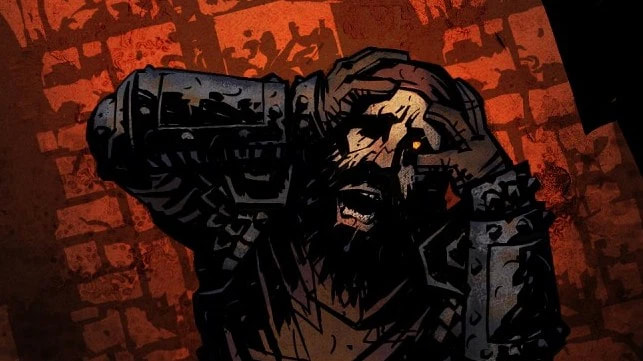
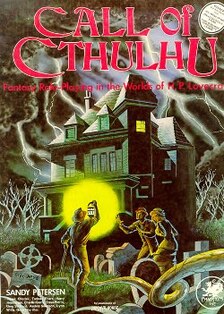
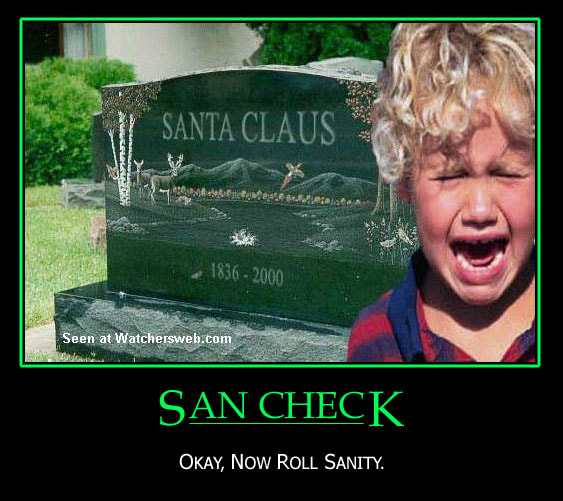

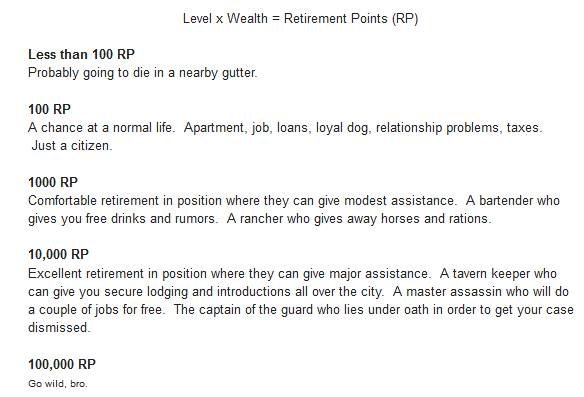
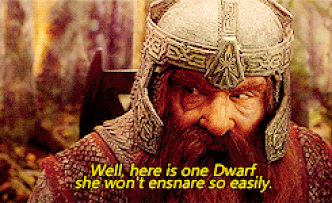
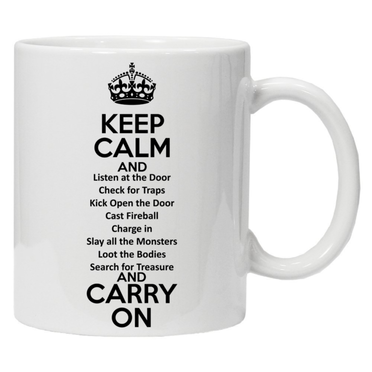
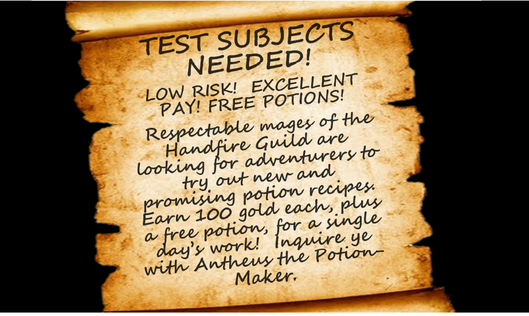
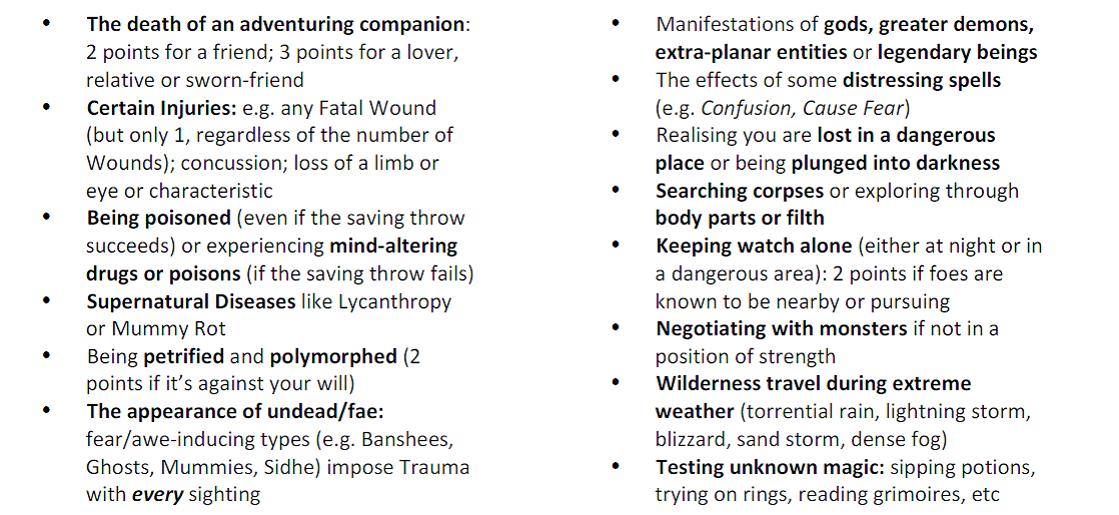

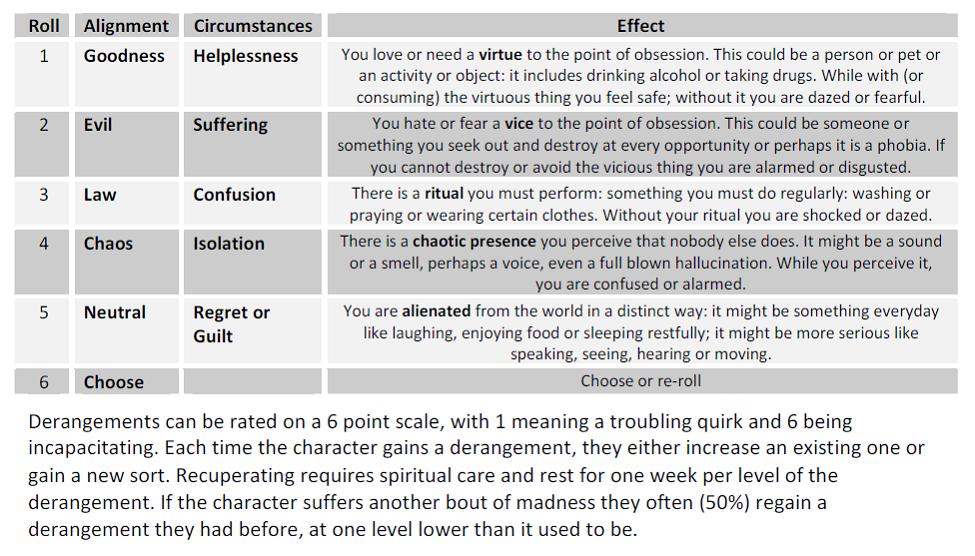
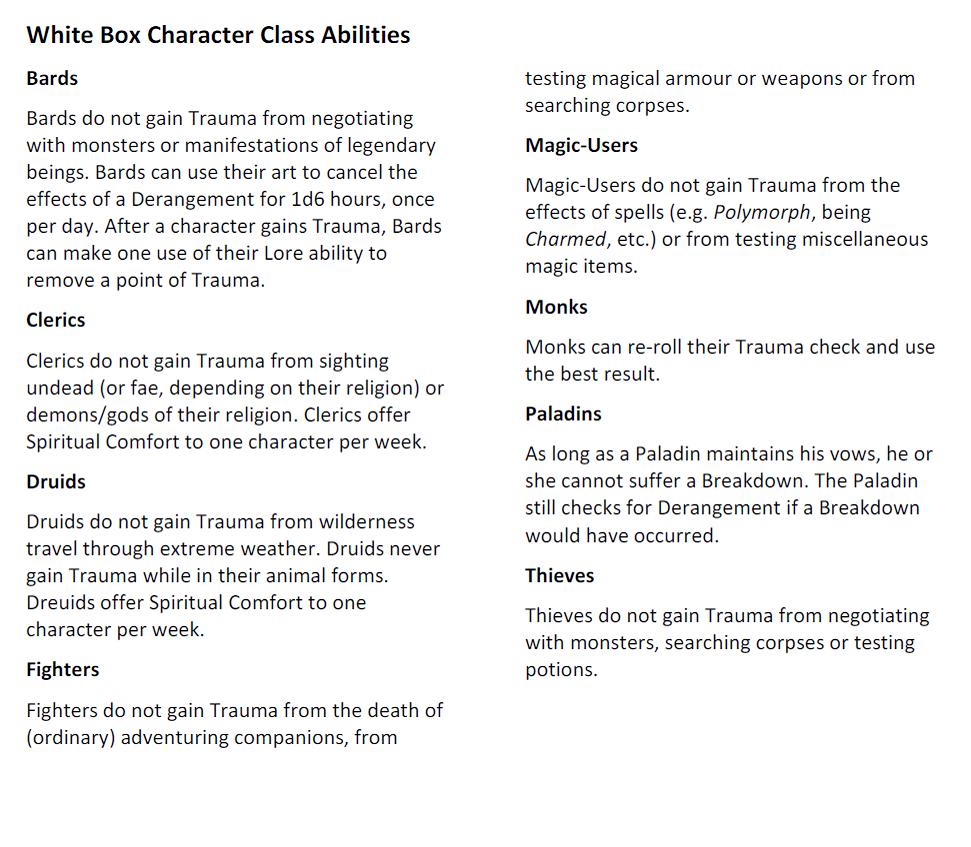
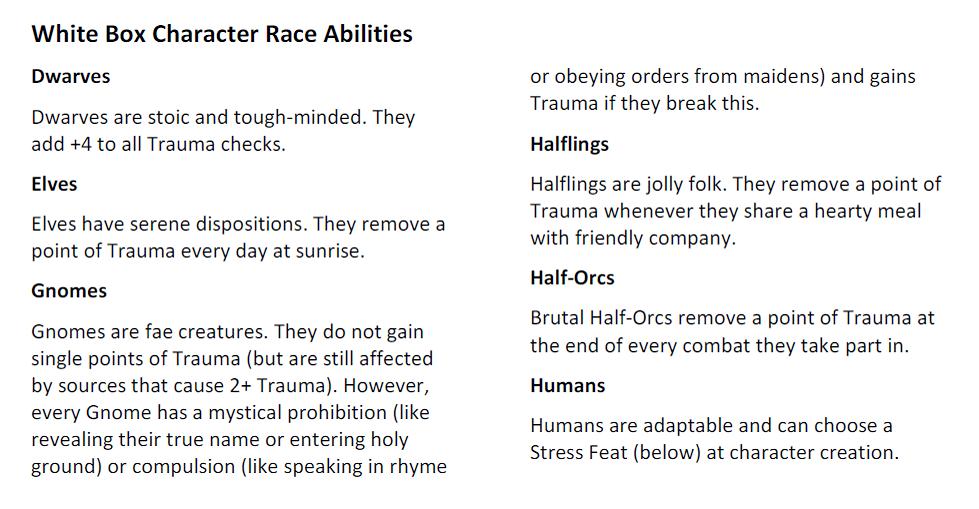
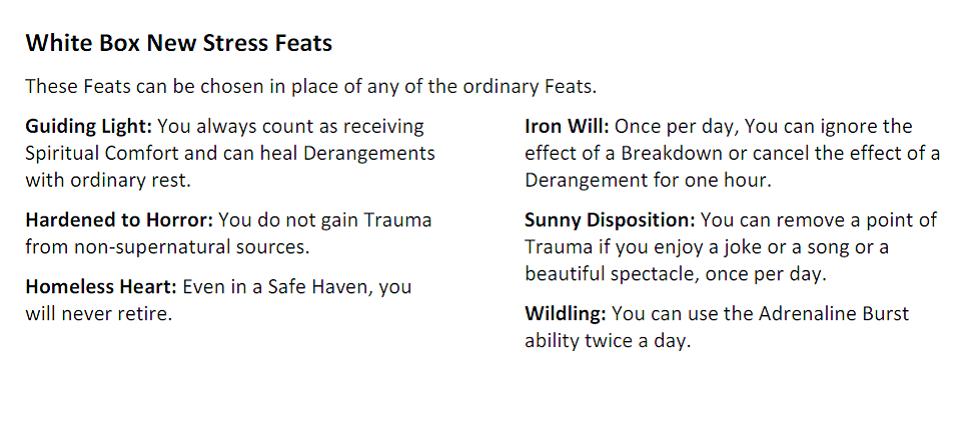
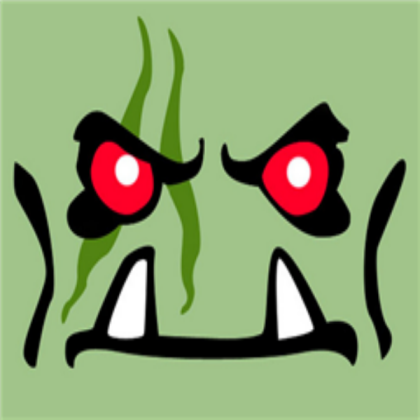
 RSS Feed
RSS Feed
